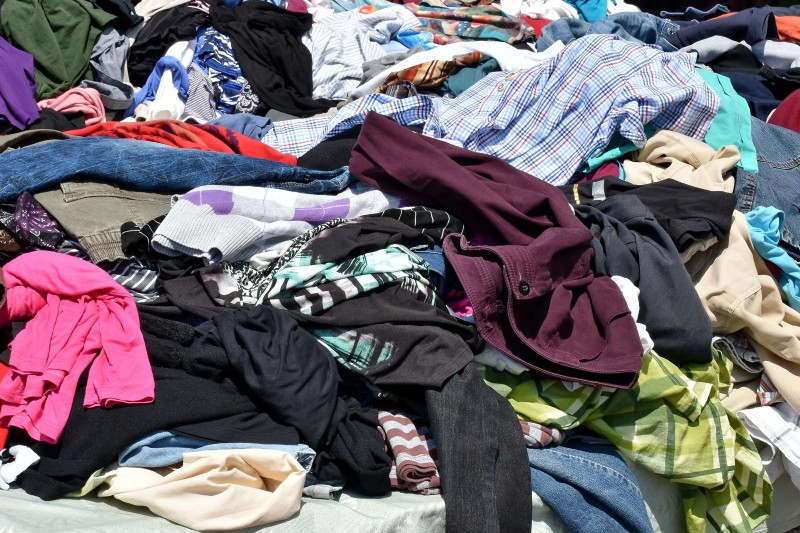
IKEA Foundation, Enviu and CAIF partners to build circular textile waste project for India
YarnsandFibers News Bureau 2021-10-18 13:21:23 – IndiaThe IKEA Foundation has partnered with sustainability innovator Enviu and the Circular Apparel Innovation Factory (CAIF) initiative on a project to build a new circular textile waste model in India. The goal is to use textile waste to create green jobs for waste workers.
The textile and apparel industry, like the oil sector, produces huge amounts of waste and pollution. India is one of the world's major textile producers and importers of worn clothes, yet it lacks the infrastructure to handle textile waste, trapping an estimated 4 million informal trash workers in low-paying, unreliable jobs.
The IKEA Foundation and CAIF concept aim to lessen the garment industry's environmental effect while also allowing workers to earn more money and live a better life.
IKEA Foundation is providing seed funding for the five-year project which will be implemented on the ground as a joint initiative by Enviu and CAIF. By 2026, the goal is to create over 5000 green jobs while avoiding the landfilling of at least 20,000 tonnes of textile waste.
Vivek Singh, Head of Portfolio - Employment and Entrepreneurship, IKEA Foundation, said at the Sankalp Global Summit 2021, that there is huge potential in the textile waste sector not only to become more sustainable but also to create better livelihoods for a large number of people at the bottom of the pyramid. They believe that green and circular entrepreneurship in India's textile waste sector can help vulnerable employees escape poverty while also protecting the environment.
In the first phase of the project, Enviu and CAIF will engage with manufacturers, brands, and innovators to scale and replicate textile waste management solutions, as well as NGOs and other civil society actors to develop skills and capacities among trash workers in India.
Venkat Kotamaraju - Director, CAIF, said that the scale and scope of the problems being addressed by the textiles and apparel industry globally demands an active investment into and setting up of ecosystem models and mechanisms that will make "circularity within reach" and "de-risks the participation" of value chain stakeholders in a circular economy.
Market Intelligence
Ask for free sample Report

experience
Customer Base
dedicated team
Countries Served Worldwide









